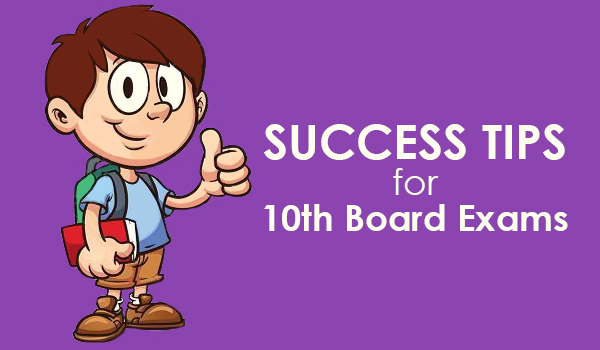1. slows and ENJOY THE SMALL MOMENTS
Longer always busy and take time to savor the
different flavors in your plate of food, to hear your thoughts, watch the
sunset and listen to the words of your favorite song.
2. LEAVING THE OCCUPATION USELESS
Your days are valuable and should only include
things and good people. You can not be in more than one place at a time and you
can not be everything to everyone. Choose the things and people most deserving
of your time and leave the rest on the road.
 |
| 10 ways to be happier in 2015 |
3. BE MORE HONEST AND OPEN
Openness and honesty with yourself is very
important, what you really want in your life? Is the path you walk today
something that you are passionate about or you do because it's what is socially
expected of you? Stop making a costly graduate into debt if it does not align
with your true aspirations.
4. TAKE MORE RISKS
Sal the world and immerse yourself in it. Mistakes
and once it fails, then another. Let challenges help you build your personality
and character because the success that follows it will be worth it.
5. Evaluate your circle of friends
Are you constantly giving and listening to the
dramas of others and not getting anything in return? Do people where you lean
really give you support and encouragement? Do we genuinely feel they want the
best for you? I remember the five people you spend the most time says much
about who you are.
6. ACKNOWLEDGES THAT CAN NOT CHANGE THE PAST
This truth is universal and unchanging. Stop revive
what could have been or obsessing about how the situation might have been
different if you had acted or said something different. It did not work for one
reason. Learn the lesson involved the situation and find comfort in knowing
that what will be will be.
7. IS THE TIME TO HELP SOMEONE YOU NEED
People who need help are being heard or supported
those who need to spend time. You never know when that person can do the same
for you.
8. stop creating excuses not to live your dream
If others can do it, so can you. In a few years
you'll be disappointed with yourself for all the lost time and feel stuck
lamenting what could have been but was not.
9. REJOICE FOR OTHERS
Feigned jealousy or drain energy much joy. Genuinely
glad for the success of others because you want to be happy when it's your time
to share good news.
10. Give what you want would RECEIVE
If you are looking for compassion, show it to
others. Remember that you who sows the wind, reaps the whirlwind.

